Few sciences have been able to take advantage of the power of computers like astronomy. But with all this computing power, you might be surprised to learn how important a role humans still play in this science.
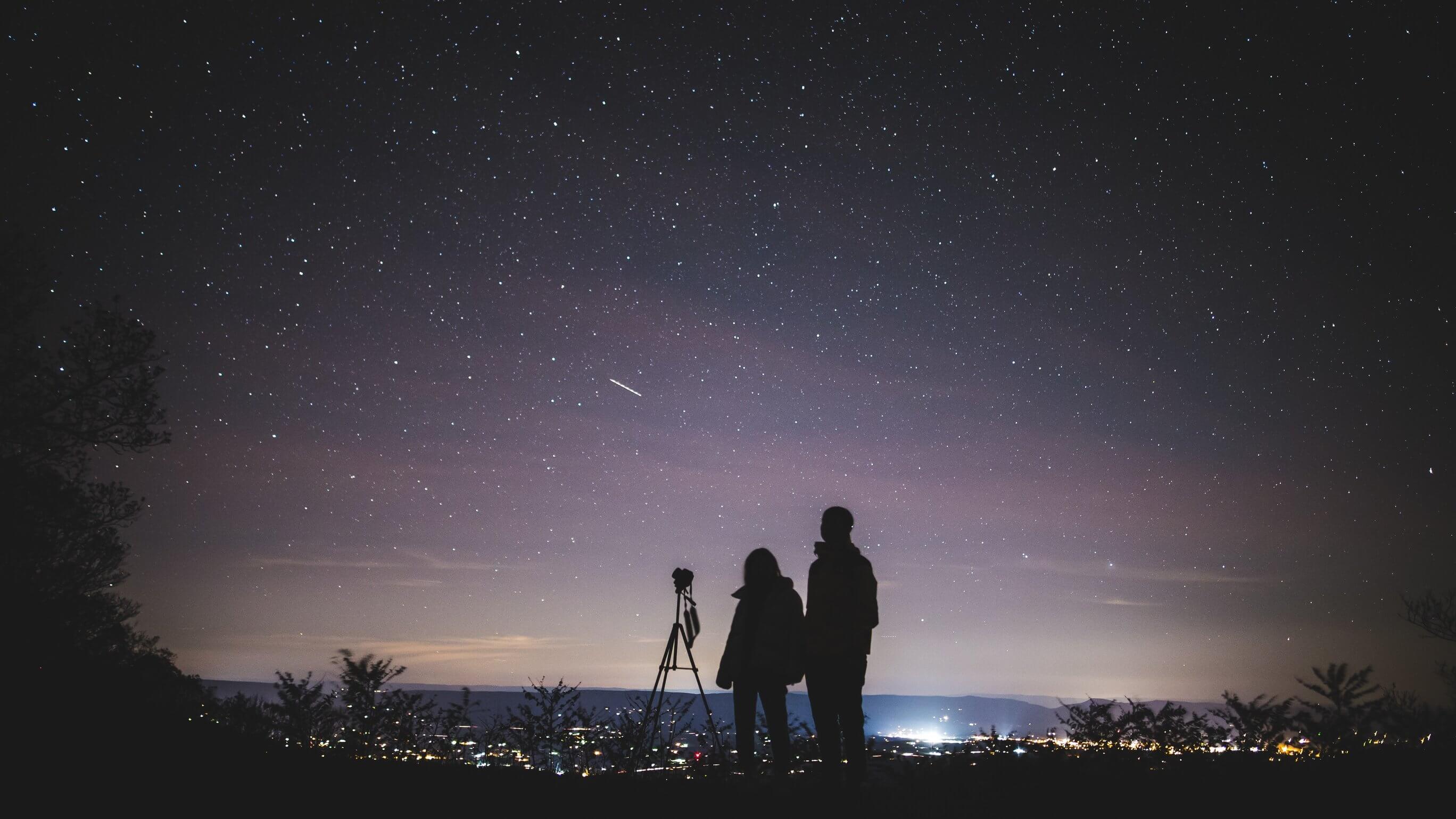

Few sciences have been able to take advantage of the power of computers like astronomy. But with all this computing power, you might be surprised to learn how important a role humans still play in this science.
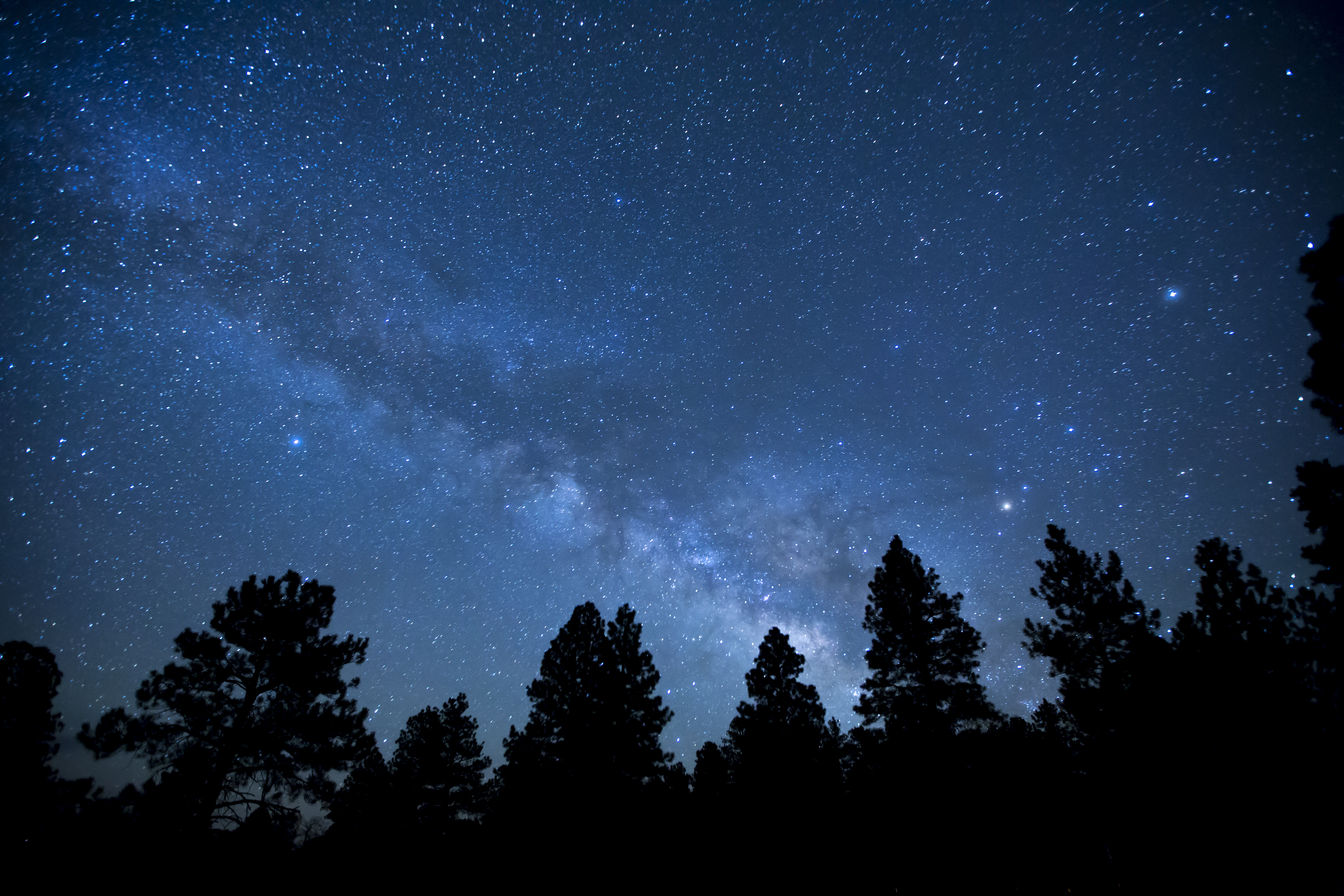
It's summertime, and time for our annual Astronomy Cast hiatus. But that doesn't mean that the astronomy adventure has to end. Today we'll give you some tips and tricks for astronomy summer adventures. In this episode we mentioned donations and tours. Click to learn...
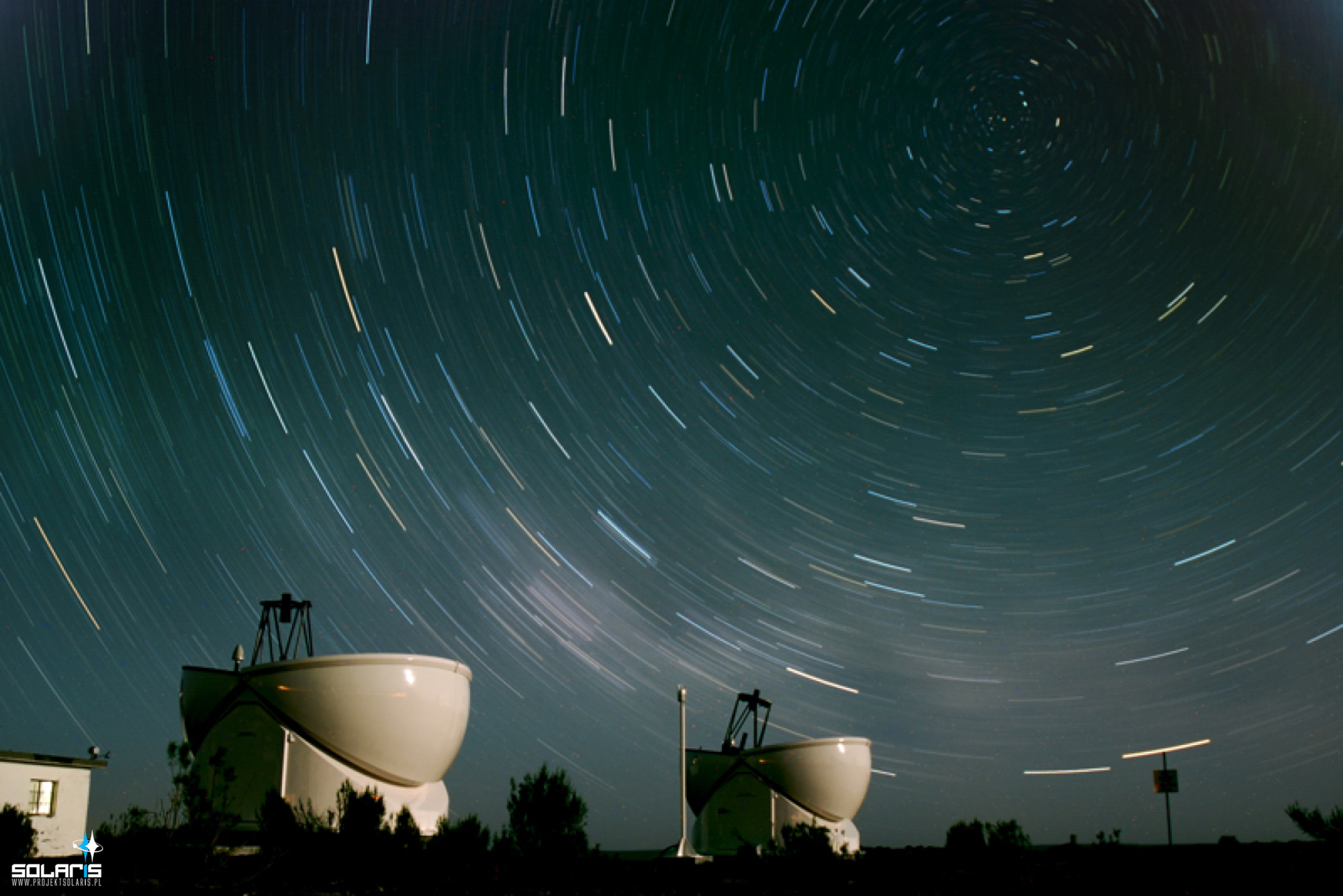
Last week we talked about some ancient south African astronomy, so this week we'll talk about the state of modern astronomy in the southern part of Africa, which happens to be a great place with nice dark skies and a great view into the heart of the galaxy. In this...
Last week we talked about how well the indigenous Australians followed the night sky. Well, it turns out, Australia is still an amazing place for astronomy. There are so many powerful observatories in Australia, and even more in the works. In this episode we mentioned...
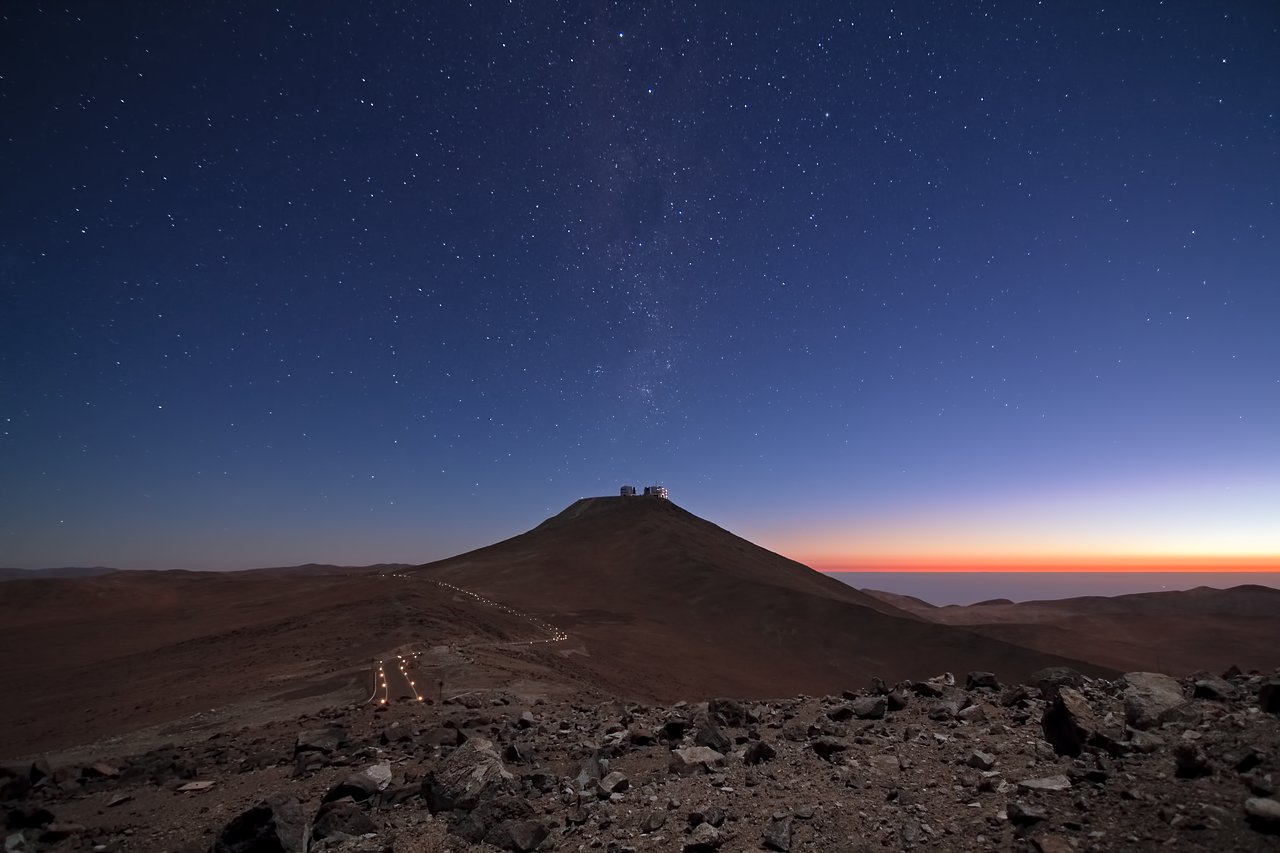
The Andes mountains in South America are a hotspot of astronomy today, but ancient peoples knew it was a great place for astronomy and lived their lives in tune with the night sky. Today we'll learn all about what they knew, and how they mapped the movements of the...
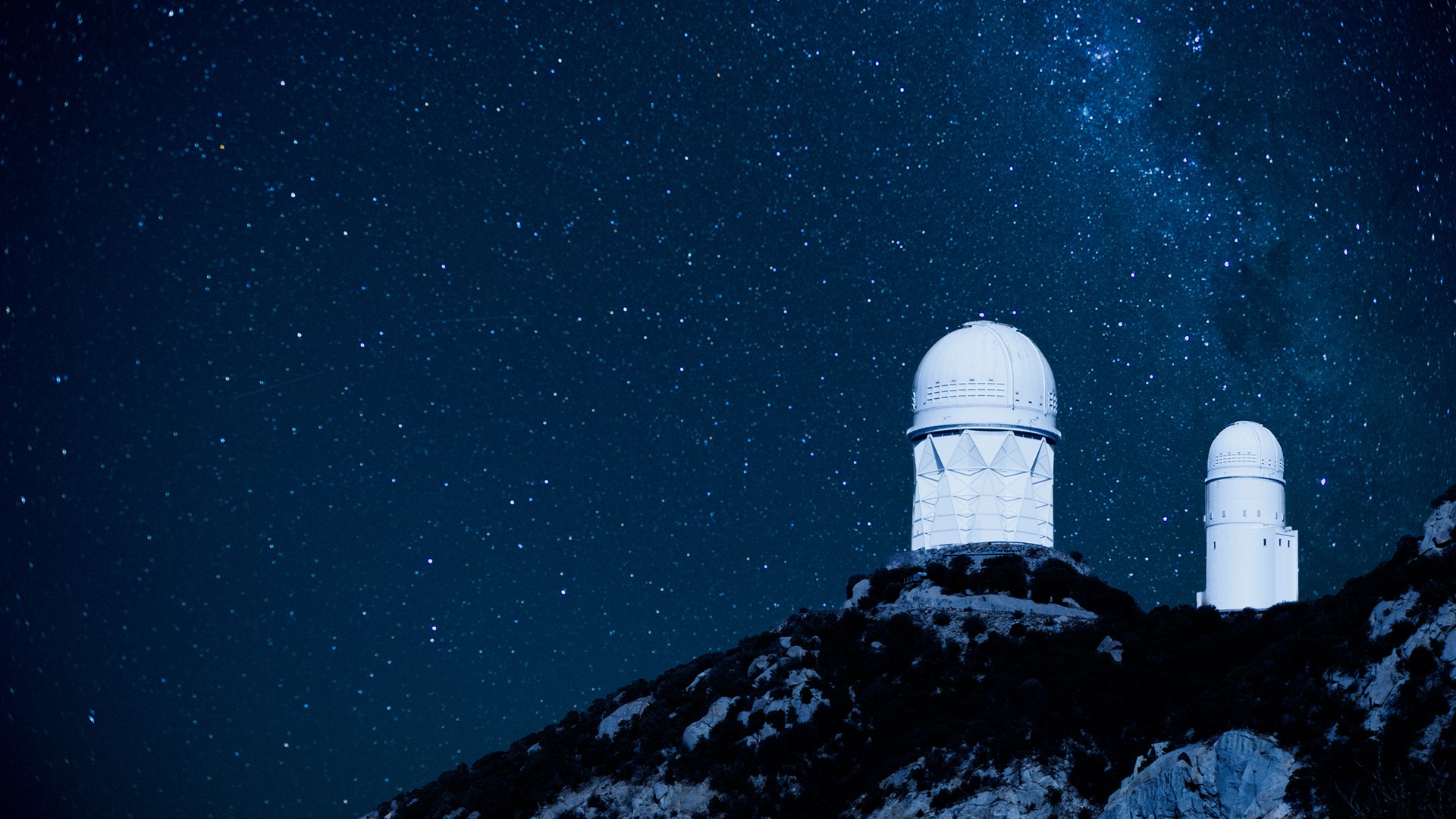
Last week we talked about the ancient astronomy of the American Southwest. But this is actually Pamela’s stomping grounds, and she’s spent many a night perched atop mountains in this region staring in the night sky with gigantic telescopes. How does astronomy get done in this region today?
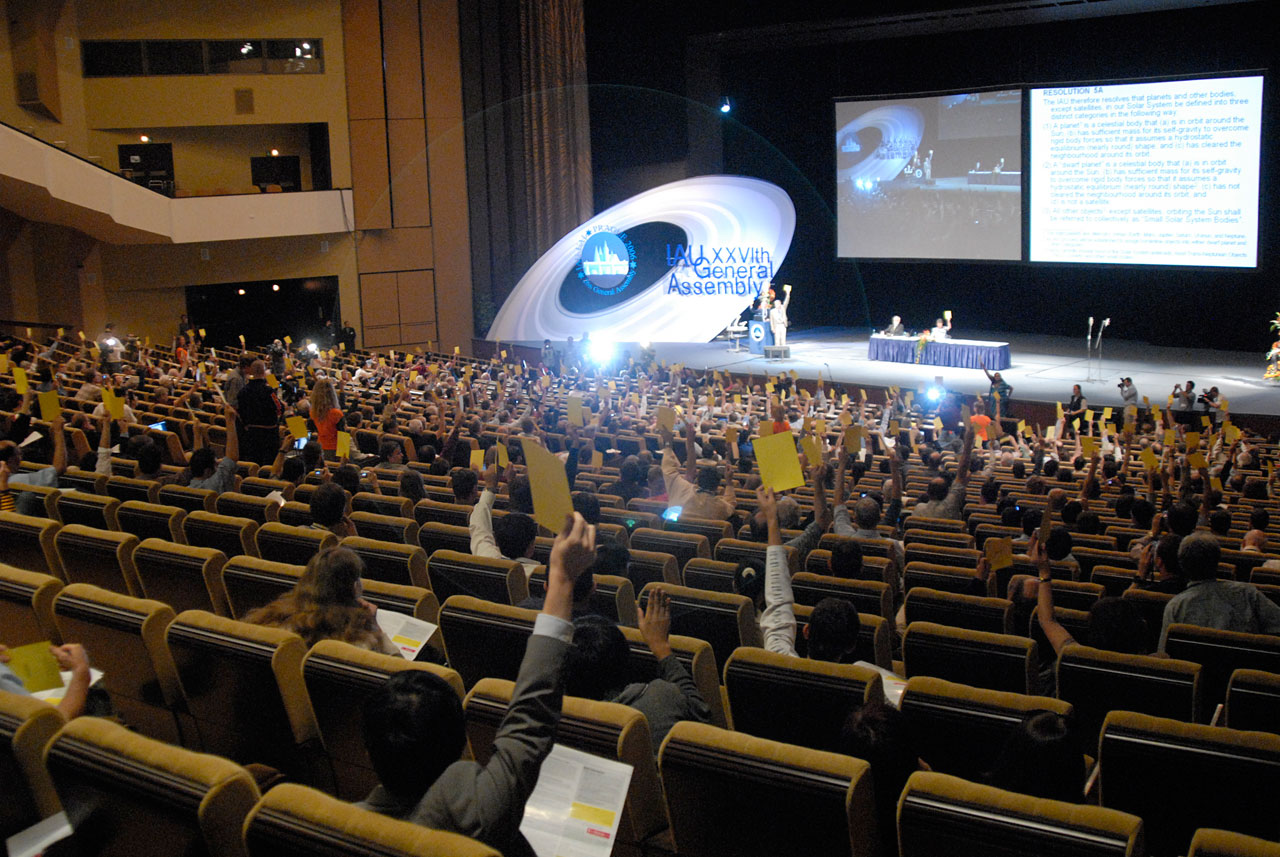
Even though they might be scattered around our planet, astronomers have way to come together to work out issues that face their entire field of study. It’s called the International Astronomical Union, and they’re the ones who work out the new names for stars, and sometimes de-planet beloved Kuiper Belt Objects.
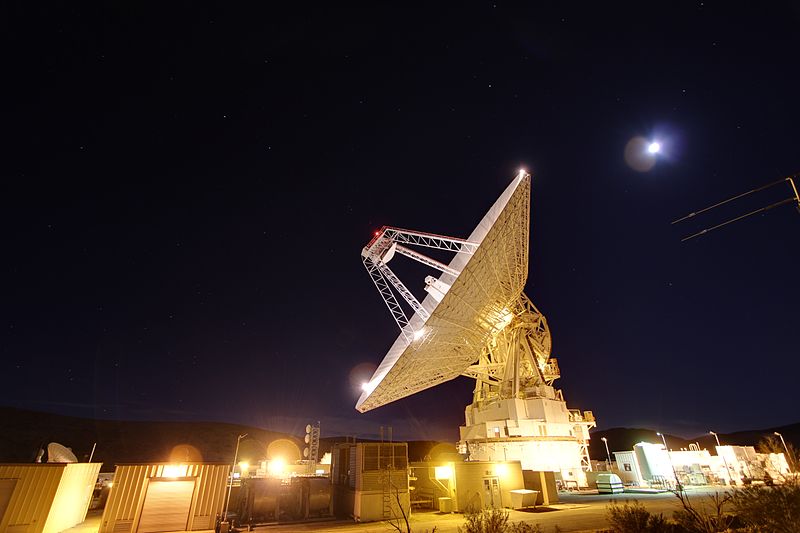
We always focus on the missions, but there’s an important glue that holds the whole system together. The Deep Space Network. Today we’re going to talk about how this system works and how it communicates with all the spacecraft out there in the Solar System.
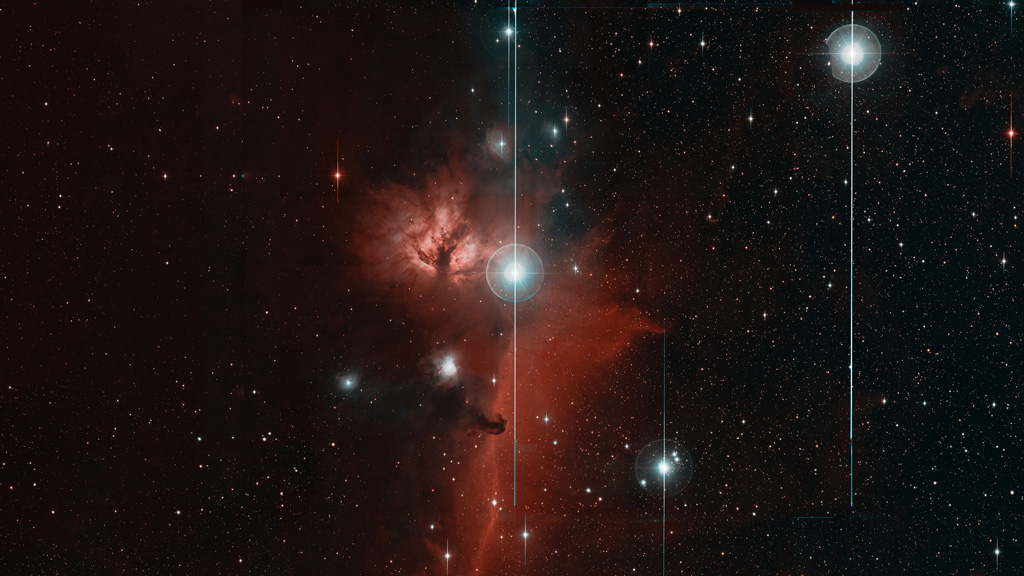
One of the most influential astronomers in the 20th Century was Fritz Zwicky. He had his hand in the discovery of dark matter, gravitational lensing, supernovae and neutron stars. And he also worked on a few more controversial ideas like, uh, tired light. Let’s learn more about Zwicky.
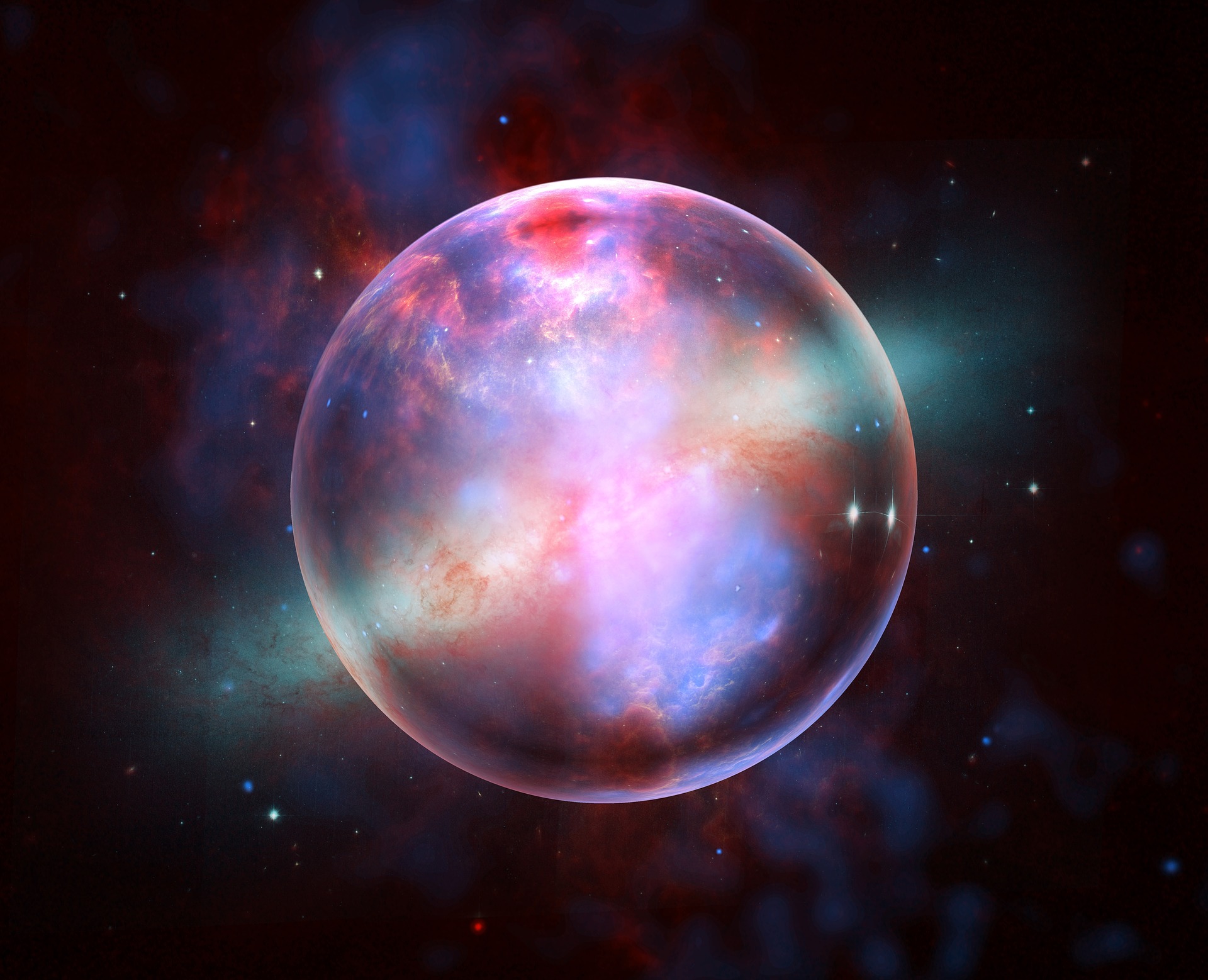
We did it, we made it through 2018 in space. Now let’s look forward to the incredible launches, discoveries and astronomical events happening in 2019.
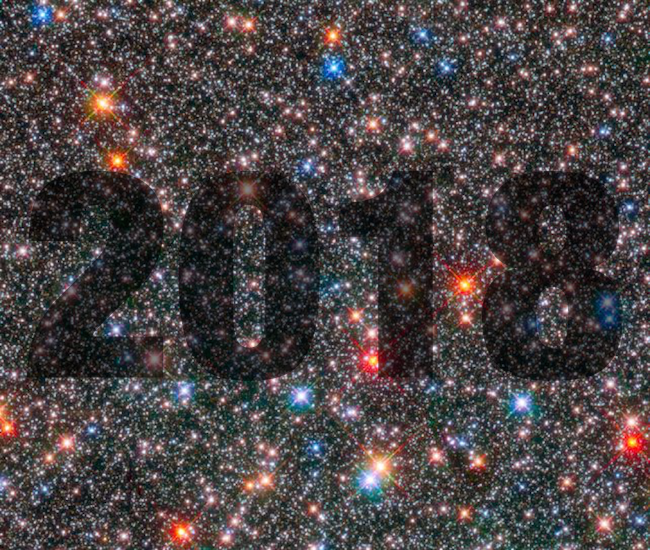
2018 was an incredible year in space news. Rockets launched, landers landed, spacecraft were born and died. We learned tremendous new things about Universe around us, and today we’re here to look back fondly over the last 12 months to review the year in space that was.
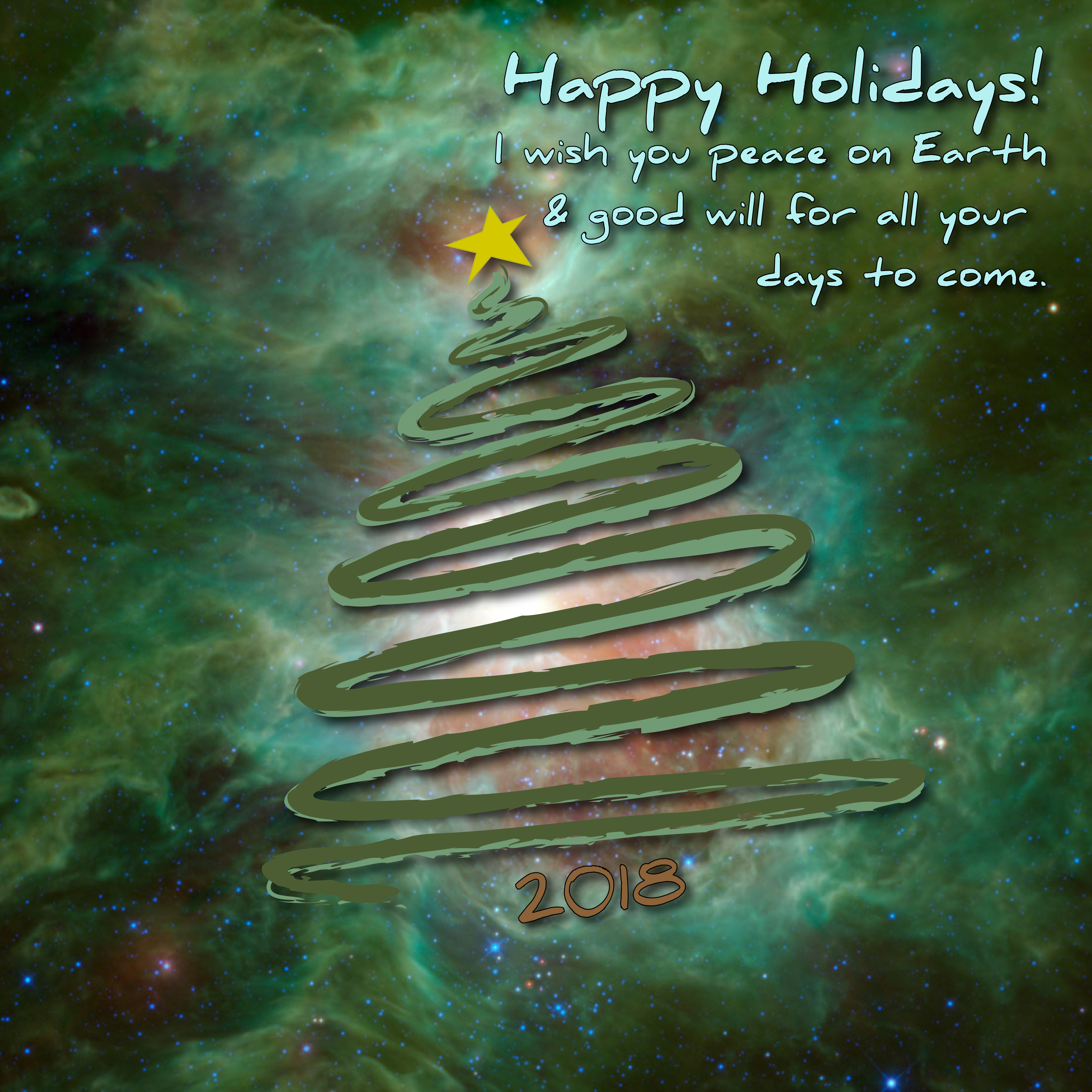
We did it, we made it to the end of another year. Once again it’s time to wonder what gifts to get your beloved space nerds. We’ve got some suggestions. Some are brand new this year, others are classics that we just can’t help but continue to suggest. Let’s get into it.
We started out Astronomy Cast with the controversial decision to de-planet Pluto. And here we are, more than a decade later, at the brink of recording our 500th episode when another big decision is coming down from the IAU: whose name goes on the concept that our Universe is expanding: Hubble or Lemaître? It’s a big deal and Pamela knows all about it.
CosmoQuest’s own principal investigator Dr. Pamela Gay will be inducted for her work over the past decade plus with the Astronomy Cast podcast, which will be celebrating it’s 500th episode this September.
On Christmas Day, 1968 Frank Borman, James Lovell and William Anders became the first human being to see the far side of the Moon. Their mission, of course, was Apollo 8, the first time human beings had ever left Earth orbit and seen the far side of the Moon. Today we talk all about Apollo 8, with special guest Paul Hildebrandt, director of a new documentary about the mission.
After they’ve been to space, many astronauts report that seeing the world from above has given them a totally new perspective on humanity and the state of our planet. It’s called the Overview Effect. Today we’ll talk about this, and what this perspective can teach us all.
We are asking for your input through a series of three surveys, each of which is targeting a specific aspect of CosmoQuest and what we do.
What happens when the future meets biology? Bioscience science fiction, of course. And that’s our focus today as we continue our journey though science-based science fiction.
It’s time to talk computers, and how we’re going to be dealing with them in the future. In our next segment on modern sci-fi, we talk about the future of the human-computer interface.
As we wrap up season 10 of Astronomy Cast, we look forward to all the instruments, missions and science results on the distant horizon. Think astronomy is exciting already? Just you wait.
10 years of Astronomy Cast… wow. It’s been a long, fun journey. What are some of our favorite episodes and adventures over the decade we’ve been doing this show.
Like most of us, you probably want to know what it would be like to travel to space. Maybe not to live, but just to visit. You want to be a space tourist. Good news, there are a bunch of companies working hard to give you the opportunity to fly to space. How long until you can buy a ticket?
I hate to tell you this, but that meat computer in your skull is constantly betraying you. Don’t worry, we’ve all got the same, but fortunately, scientists have learned how this happens, and can help us make sure our science, and lives don’t suffer because of it.
As you probably know, Fraser is an avid video gamer, especially if it has anything to do with space. Today we turn things around, as Fraser talks about the games he plays, and what he thinks you should be playing too.
As part of gathering information for our CosmoQuest NASA Grant fulfillment, we need to gather information from several groups. Podcast listeners are a major part of our audience, so if you listen to our show, please click this link and fill out this short survey. Seriously, it’s not long, so we’d really appreciate your responses!